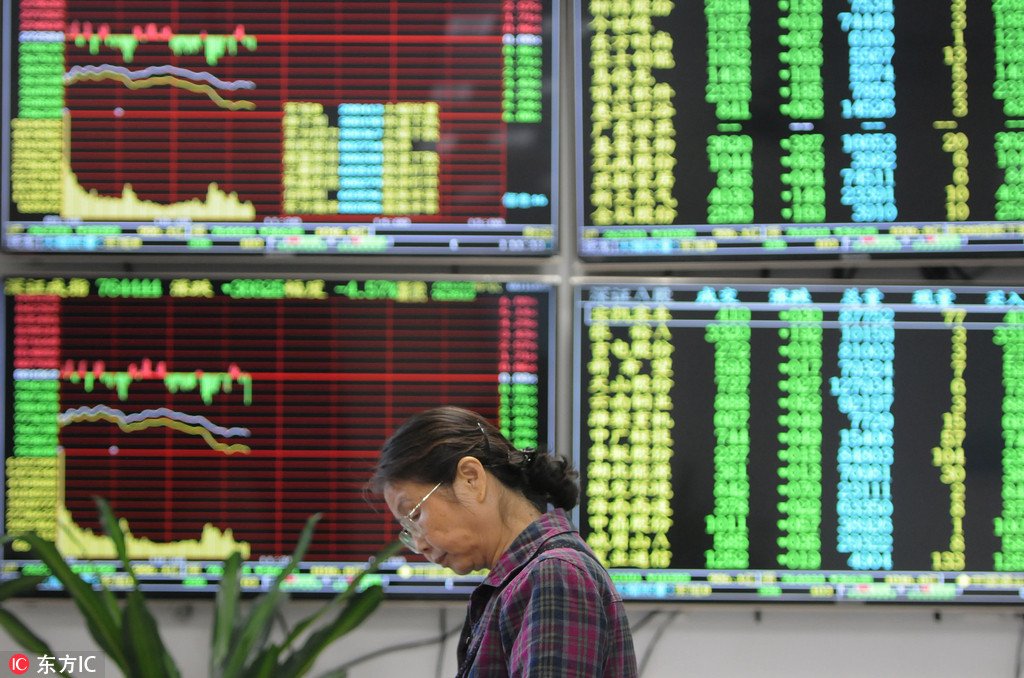1. Because these aren't rules that anybody follows; it is a chain of events that occurred in a specific time and place. They are not laws dictated by nature; they are reliant on people doing the exact same things under the exact same circumstances to recreate those events. Economics is a pseudo-science; it cannot be treated like calculable physics. Economic assumptions depend on people reacting in the same way they have in the past. Thus, those who are educated in history may learn from these lessons and do things differently to achieve a different outcome.
All "natural law" actually result of repeated observation, and if an observation has the same expected result (by the theory) again and again, then after six sigma confidence it become "natural law".
But even if there is a new experiment that deliver result NOT predicted by the theory it will not falsify it, but rather restrict it.
Anyway, the way as the current economic/legal system has been developed used by EVERY Country on earth happened by lot of trial and error experiments in Europe , and actually the successful ones was copied over by the other European countries.
When the US has been made they just copied over the best parts of economical/legal system from Europe, and China done the same.
So, by arguing about that the Chinese system is different you making the next mistakes:
1. The Chinese system wasn't made in China, but it is a copy/past from different countries legal/economics system.
2. The observations/ developed rules works, otherwise the Chinese economy can not growth using the copied ideas from Europe/USA/Russia.
3. The rules that made possible for China to growth was copied over from way smaller countries ( example Netherlands) and still works.
2. China's economy, and every economy, is unique. China's economy is oftentimes described as even farther from Western conventional wisdom than thought possible for a powerful economy. When so many factors are different, you cannot point out small similarities and deduce similar outcome. For example, every fighter who went up against Connor MacGregor lost. Then, Nurmagomedov beat him. What is the difference between this man and MacGregor's other opponents? They are all men, similar age, similar weight and height! According to your prediction, he must lose as well. But when they fought, outcome was different, because there are so many variables in one man that it cannot be calculated. An economy is more complicated and made of many more variables than one man.
You argue about the non-predictability of the future. It is true on every scale ( example in QM it is not possible to know the outcome of an experiment), but we can make probability sets, sum up to 1. Example Pettis doing it.
Second, this is the way as the decision makers works. Xi is not more clever than me or you, and has to make decisions considering more variables.
Means they re absolutely aware of the problems as well, but they try to satisfy lot of high power person in the country to let anything happens.
And at the same time they doing wack-a-mole , faster and faster as the freedom of movement decrease.
Sum: IF using general rules based on previous observation by different countries does not works THEN how can Xi , the president of PBC and so on can make decisions? I
3. In economic history, does every country react the same way when faced with these pressures? No! You are selecting the few that fit a specific model, saying that China will go down this path as well. But there are many instances in economic history in which the outcome was not correctly predicted by these theories and these economies took a different path. You cannot discount them. If you wanted to do some study, you can say, "in these past 200 instances in which an economy around the world was subjected to this pressure, 163 of them resulted in this... 24 of them resulted in this... and the other 13 resulted in this... So statistically speaking, China may have an 81.5% of falling into this trap." This is actual work, not you picking some country whose story you like/are familiar with and saying that some small similarity will cause China to go that route as well.
What is in these graphs are not simple "observations", but rather political decisions.
Every graph in Lithuania, Estonia, Hungary,USA, China or Poland is reflecting POLITICAL decision about how to form the economy , which group of people to prefer and so on.
Example when it come to make decision in Hungary about that to move the wealth to the workers, OR load them with debt, and keep the wealth in the hand of preferred//politically connected ones guess what was the decisions?
So, it is not like "whop, I forgot to check the shape of consumer debt to GDP curve", but rather " I had to load up the consumers with debt, or my best friends will loose they wealth".
4. China has already proven time and time again that it can succeed while defying all Western conventional wisdom or "models". The models that you use to predict China already cannot explain how China's economy became so big and powerful or how it grew so fast. According to Western dogma, Chinese technology cannot advance because the people have no freedom of thought. This is all stupidity that China has already defeated and put in the past, and now you wish to use them to predict China's future? You are trying to use tool that was already proven to be broken to do a job.
It is NOT Chinese made , it is a copy from different places around the world ( mainly from Europe/ USA)
The original Chinese system was the one abolished around 1900. Since that it is a copy/past to catch up with everyone else.
And actually the political system of China put higher requirements onto the persons on the top, and by history they are rarely up to the job.
Check Gorbachev, Stalin and so on.
The USA political system is robust and has low entropy, the Russian weak and has high entropy -change one person in the system can cause dramatic changes in Russia, in USA it can cause minor changes ( see Trump).
I mean, example in China the "graphs" showing that the politically connected/wealthy has priority over the everyday person.
Check the consumption ratio, investment ratio, consumer debt and so on.
It showing that the increase in consumption doesn't happens BECAUSE of the wealth transfer, but because of debt.
It means that the wealthy become more wealthy, and the general population become poorer, transfer to the wealthy not only current savings, but future saving as well.
This is not what the Chinese top leaders wants, but this is the best that they can achieved.
So, checking the graphs doesn't gives the future, but it showing the current status/direction of the country.
Like knowing the viscosity over the temperature range of an engine oil will not tell when the time the engine will fail, only the operation conditions when it can fail.
By mapping out the edge conditions it is possible to asses the probabilities of the future events.
Example, if the viscosity is low, then we know that the car will be able to work only for a limited time with full power in high temperature environment, before fail. So , the owner has to drive slow , even if he wants to go fast, or risk engine failure.


